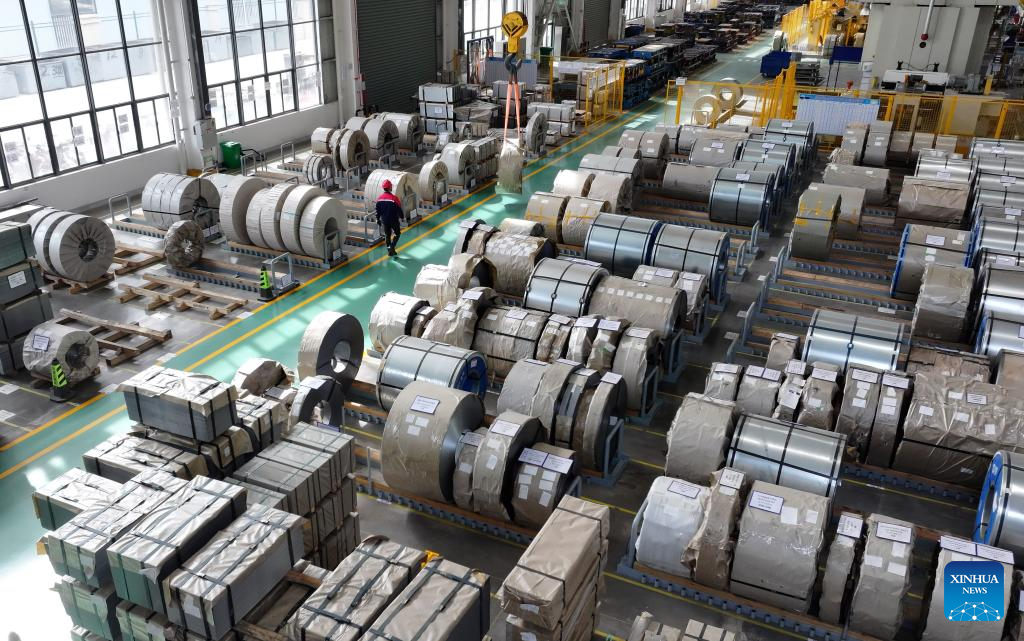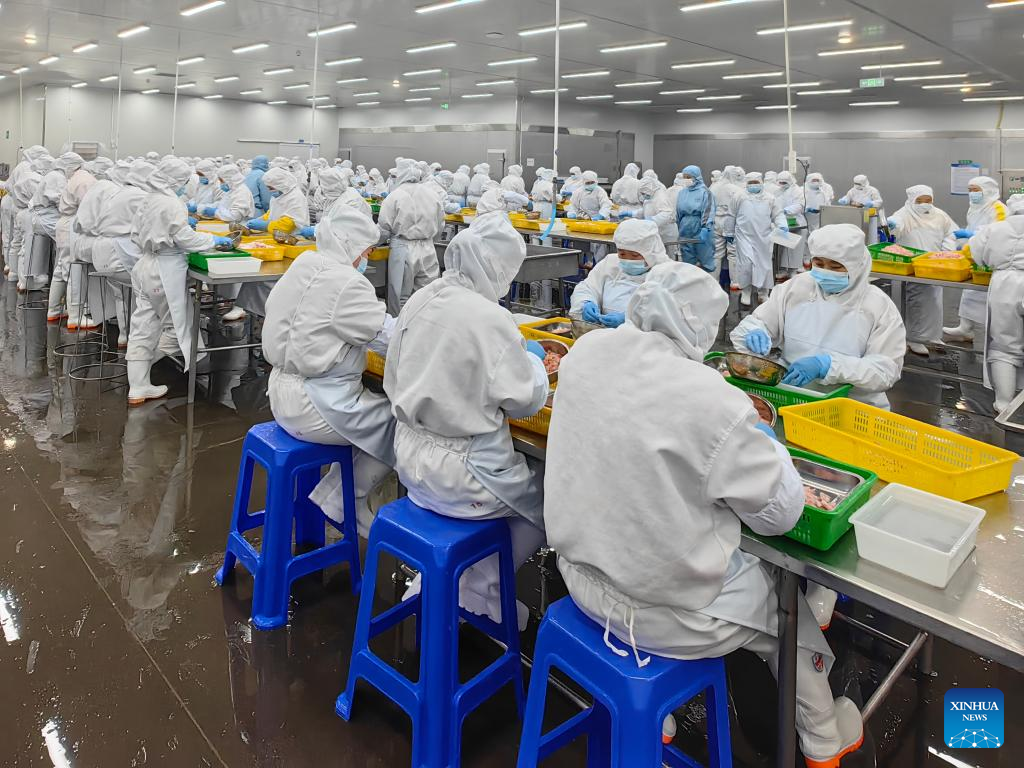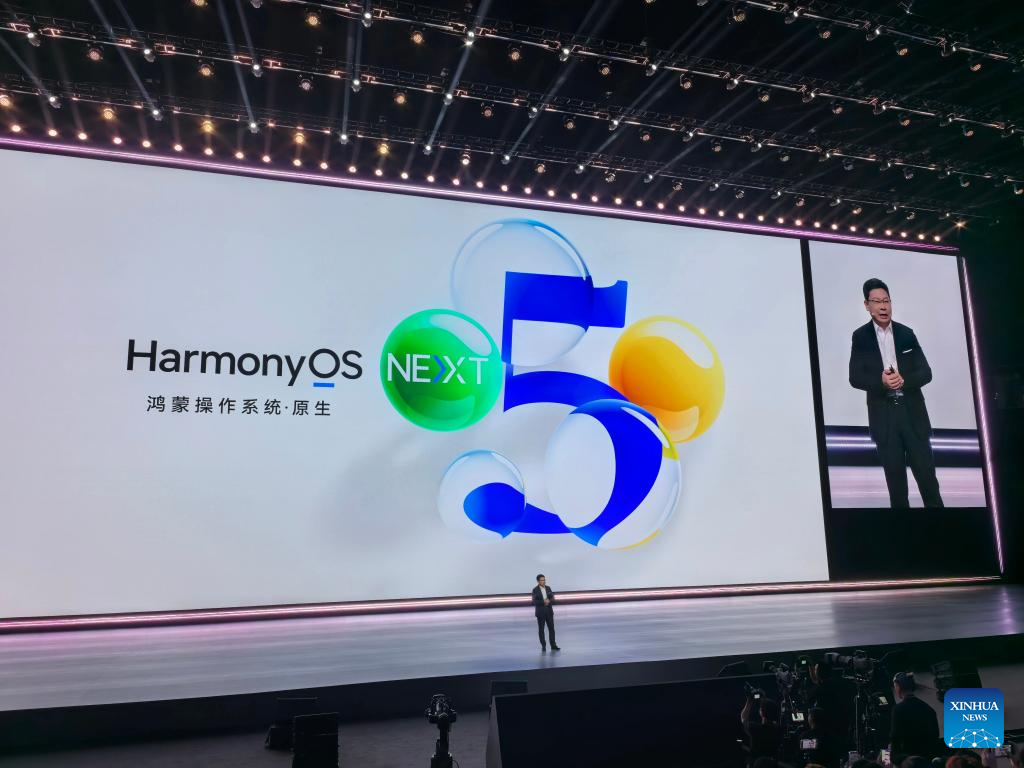
Despite the aggressive "reciprocal tariff" policy announced by the White House, senior economists believe that China's strong domestic consumption potential and its people-centric investment strategies are well-positioned to offset the risks posed by these tariff hikes.
"While the Chinese economy faces challenges, the sky is not falling," said Chen Wenling, former chief economist at the China Center for International Economic Exchanges. "China's economy is still robust and capable of weathering storms."
ALSO READ: China's logistics sector sees improved performance in March
President Donald Trump announced Wednesday a 10 percent baseline tax on imports from all countries and higher tariff rates on dozens of nations that run trade surpluses with the United States.
"China's economy has maintained a steady growth trajectory over the past decades, with its massive economic scale serving as a powerful buffer against external pressures," Chen said.

This year, China is doubling down on boosting domestic demand - both consumer spending and effective investment – to prop up its growth, with policymakers setting the country's deficit-to-GDP ratio at the highest level on record.
By placing domestic demand at the forefront, China can create a more stable and self-sustaining economic growth model that is less vulnerable to the volatility of global trade flows, Chen said.
READ MORE: Trump tariffs pile stress on ailing world economy
China's annual economic growth rate in 2025 will "for sure be faster than that of last year", said Li Daokui, director of Tsinghua University's Academic Center for Chinese Economic Practice and Thinking. "Policymakers still have a diverse range of policy tools at their disposal."
"Time and time again, we have seen that any efforts by Western nations to erect trade barriers, impose technological blockades, or employ other means of pressure against China have consistently failed to achieve their desired objectives," Li said.

Li noted Huawei's proprietary operating system HarmonyOS and AI startup DeepSeek serve as examples of this dynamic. Far from hindering China's progress, the external pressures have instead catalyzed a surge in self-reliance and indigenous innovation.
China has the "sufficient patience and determination" to confront the shocks of the Trump administration, as US polices are hastily implemented, often without a well-thought-out strategy or a clear understanding of their broader implications, Li said.
READ MORE: China firmly opposes US 'reciprocal tariffs', to take countermeasures
Jeffrey Sachs, director of the Center for Sustainable Development at Columbia University, said, "The US should recognize that China's rise is not only good for China, but also good for the US and the world as a whole."
Washington should not aspire to a world in which it alone is prosperous, while everyone else remains poor. Instead, it should strive for a world in which prosperity is widely shared, and all nations can reap the benefits of peace and openness, Sachs added.


